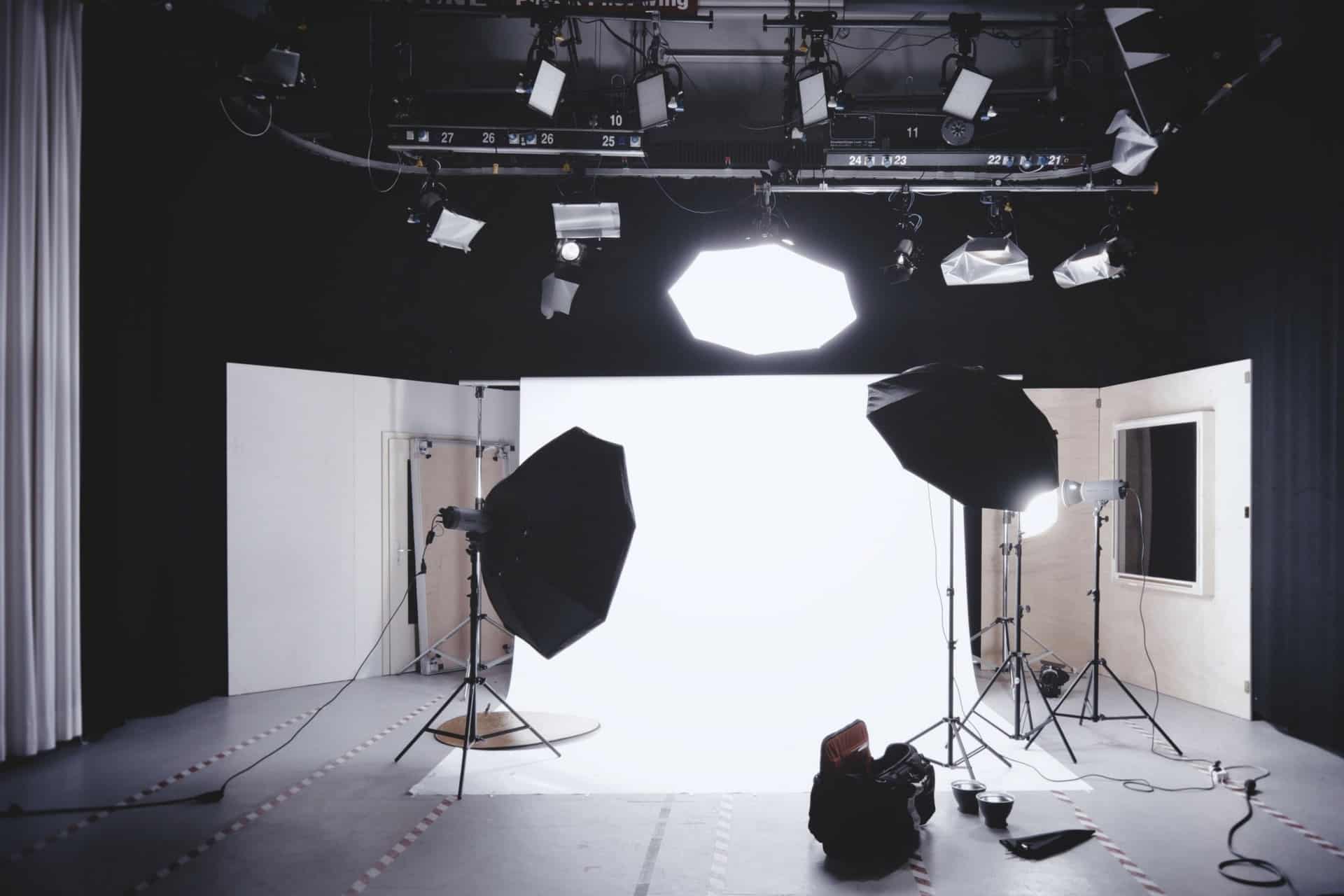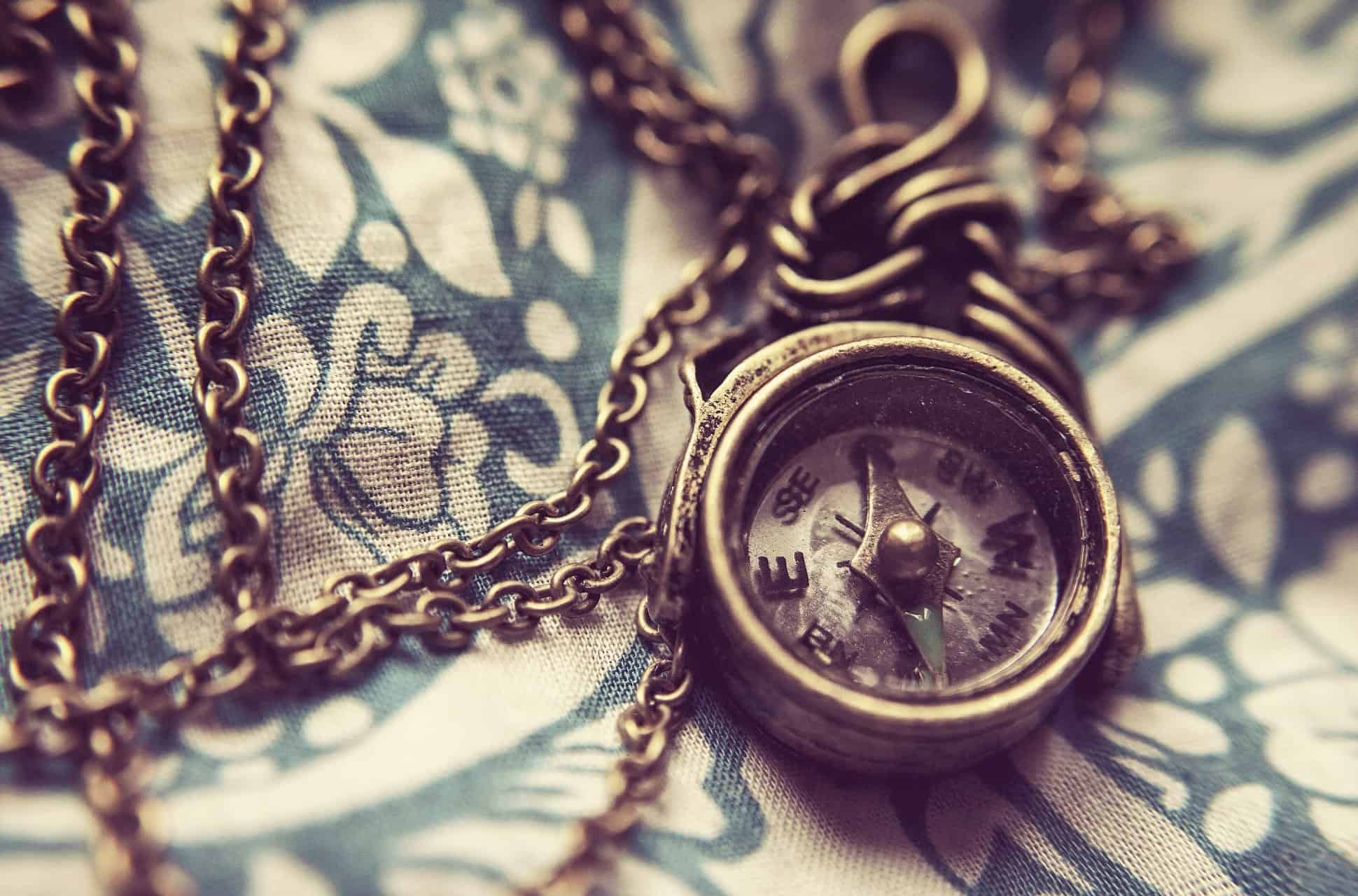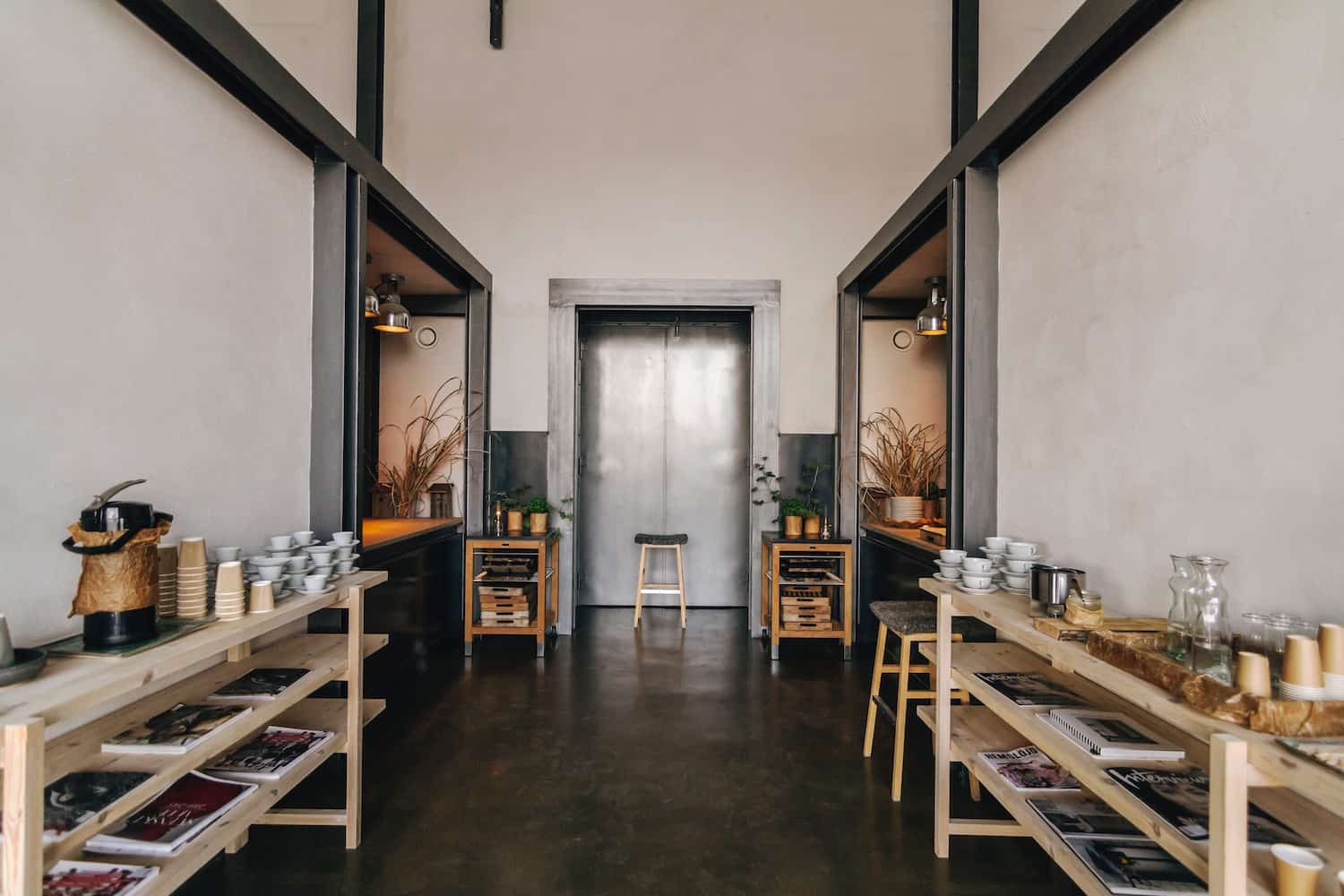
Eating is easy and enjoyable. But cooking is hard, complicated and tedious, for the average Joes who don’t regularly cook, at least.
Ask any chef or cooking hobbyist and they’ll tell you otherwise, though. Cooking brings them as much joy as eating, if not more.
Surely, whipping up dishes is not always fun for even the best chefs in the world, especially when they are struggling with a new improvised recipe, lousy kitchen equipment and uncooperative kitchen staff just to name a few.
Cooking is an art, and as with other forms of art, it is tough to achieve any level of mastery.
I’m sure finding mediocre, or even bad-tasting food is what everyone faces almost every day. Should I also mention more often than not, unappetising food comes from cooks and not chefs?
Cooks are people who cook as a profession while chefs cook out of passion and to attain mastery. That explains why the same dish can taste phenomenal when a renowned chef prepares it but so-so when prepared by an average cook on the streets instead.
It is indeed rare to find anyone passionate about cooking. Much effort is needed to prepare, cook and serve, not to mention the precision, creativity and meticulosity needed. Which explains my fascination and curiosity with what made Zhenwei so passionate about cooking.
Zhenwei was the guest for episode #10 of our Anecdotes podcast. He just started his pop-up shop selling Japanese rice bowl (Boru) with sashimi a month ago. His Boru dishes have been selling like hot cakes, to say the least.
It’s even more inspiring because he’s doing this during his university school vacation. That means he’s going back to school soon and hopefully, the traction for his Boru will remain. Then he would have a happy problem, which by the way, I’m sure he don’t mind. That is, where to hire part-time helpers who can maintain his pop-up sashimi bowl shop?
So we asked him, “How did you start learning about the kitchen and how to cook?”
It turns out cooking is something that runs in his family. He grew up watching his Dad, Mum and Grandma cook. He started baking in his pre-teens and went on to learn cooking proper meals in his early teens – with parental supervision, of course.
Zhenwei finds satisfaction whenever he puts a smile on someone’s face after tasting his cooking. But food is extremely subjective – everyone’s taste palates are unique. When his food doesn’t satisfy his customer or taster, he earnestly asks for opinions. Trust me; I’ve experienced it first hand.
Zhenwei takes all the criticism and praise equally, in a sense he acknowledges and respects the differences in each person’s preference. He works on the constructive criticism and tweaks his cooking accordingly. Aspects where biases play a larger role, he would make sure to appeal to the majority.
Praise is undoubtedly important to Zhenwei too because it fuels his drive to become even better. But is that all to why he loves cooking?
“Cooking is a form of creation,” Zhenwei explained in his best attempt. His words struck me and made me realise this: Most of us don’t find a meaning or purpose in our lives because we don’t create enough.
You might ask, “What creation are you talking about?” Well, when I take a look around and sometimes at myself, I find we are so attuned to consumption every single day.
It’s easy. Just absorb and take in whatever I like. But when it comes to giving, it feels like someone is stealing from me.
Then I stop to think about it: if everyone is like me – always taking – will there be enough “stuff” in the world for everyone?
Of course not! That is a rhetorical question, by the way. But I digressed.
The creation we’re talking about is not just any form of creation. It’s creation of value for others. If our creations have no value, it won’t benefit anyone and what do we call such creations? Trash, rubbish, crap, shit, whatever you’d prefer.
Timothy and I are no experts, but through personal experiences and observations, we humans can find meaning and purpose in our lives only if we create. Through creation, we develop interest, passion and ultimately, mastery.
Meaning and purpose are the results of mastery in a particular skill or expertise.
It is also through mastery that we create value for others. Think about the average cook on the streets versus a renowned chef again. In the aspect of cooking, who do you think will gain more fulfilment? Obviously, the chef! Sorry for yet another rhetorical question. But you get the idea.
The renowned chef has a larger impact on more people because his food is more well-liked than the average cook on the streets who, I would assume, merely puts in the minimal effort to prepare a decently good dish.
The average cook doesn’t have the mastery to create delicious food and get customers coming back for more. Maybe some level of interest and perhaps a little passion of dreaming of becoming a renowned celebrity chef one day.
The thing is, the average cook could easily work his way up – only if he or she strives to improve and create. Not just cook for the sake of cooking and the salary but actively innovate and come up with new dishes.
The renowned chef didn’t start at the top. He or she started off as a kitchen helper or back in the home kitchen. Zhenwei is not a celebrity chef yet, but I would imagine him inevitably becoming one. Only if he strives to improve and create, or innovate in his case regularly.
Consumption is necessary, yes – we all need to eat, take in information, purchase items to make our lives easier and so on. As with anything in life, though, there should be both inputs and outputs, give and take, create and consume.
Zhenwei finds immense joy in eating (input or consumption). In return, he whips up dishes (output or creation) to feed the people he loves and touch the hearts of his customers.
Of course, our consumption and creation don’t have to relate directly to each other – we don’t have to cook just because we eat and we don’t have to create videos because we like watching Youtube.
We just have to remember taking and giving should come hand in hand. It is hard to create as much value as we take from others. But we all have to start somewhere.
The people who create a lot more value for others than they take from others tend to be the successful and fulfilled ones in life. Not much of a surprise there.
For Timothy and me, we love podcasting. Podcasting is a form of creation too. And writing.
So if our podcast and writing created value for you, consider sharing it with your friends and family or anyone you think might get some value from our creations. We appreciate it!
Listen to our full conversation with Zhenwei and view the show notes here.





[…] he thinks the average person on the street doesn’t feel excited about waking up because he or she seldom create anything at all but instead, only consume. He […]
[…] he thinks the average person on the street doesn’t feel excited about waking up because he or she seldom create anything at all but instead, only consume. He […]